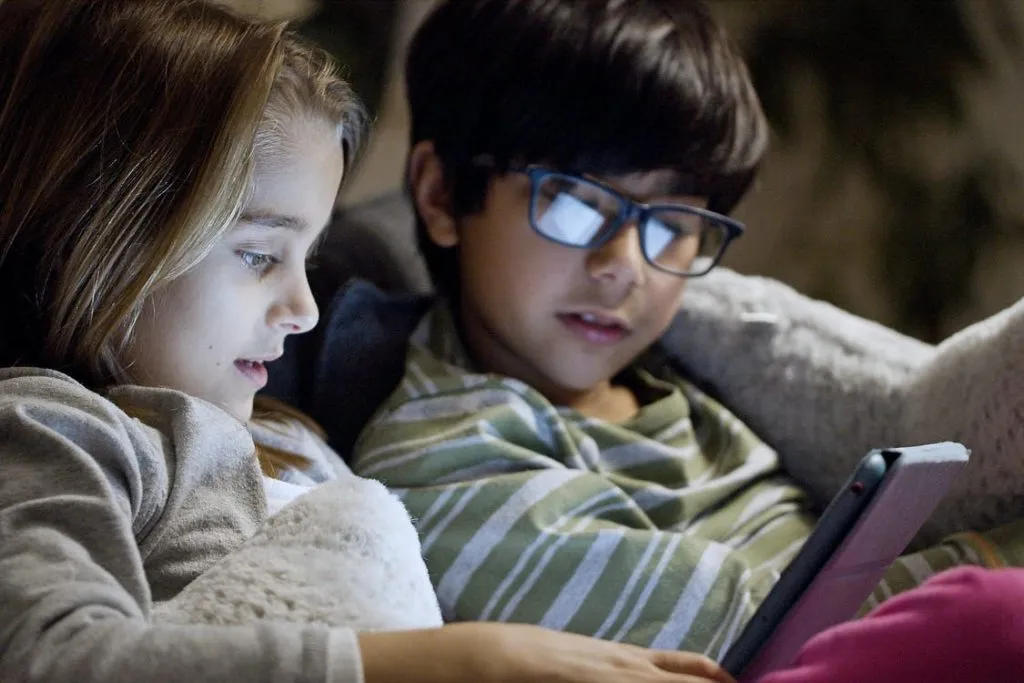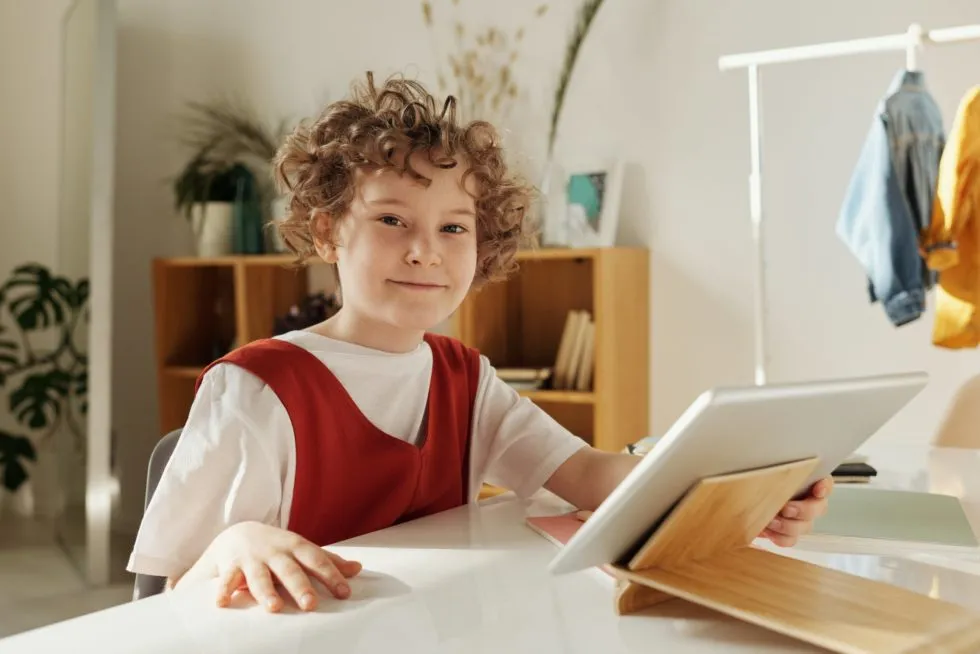ou sure want your kid to be well-rounded in areas that matter in life, right? Every parent would definitely want that for their kids. This is why you should encourage your kids to learn and work on essential life skills.
This post will detail the top life skills every child should learn and work on. And, it starts by encouraging kids to incorporate these life skills into their daily routines and activities. In fact, life skills are an essential part of a child’s development.
But then, What Exactly Are Life Skills?
Do you know what teachers call it sometimes? “Learning to learn” skills. And, it is basically through intentional daily activities that kids can learn and develop these skills. Life skills are simply those skills that we need to maximize life.
You most likely have fond memories of some life skills that your mom or dad taught you when you were growing up, right? So, it’s only right that you pass on those same values and even much more to your kids, don’t you think so?
For instance, a lot of women learnt sewing or knitting, including home-making from their own moms. Parents should not be too busy to impact skills and knowledge that matter most to their kids.
Okay, let’s look at some of the top life skills that your kids will need down the road and should learn them as they grow up.
#1: Critical Thinking
One of the greatest life skills to teach kids is critical thinking. Parents, teachers, guardians and anyone involved in the development of kids should teach them how to observe problems, engage critical thinking about the problem, and ultimately come up with the best possible solution.
And, how do you teach a kid critical thinking. For instance, if a kid asks a question, do not be in a hurry to answer. You should help the child to also participate in finding the answer to the question. So, ask the child, “What do you think?”
Just some few days back, after dressing her up for school, 6 year old Brenda asked her mom, “Mom, why do I have to go to school?” Her mom’s response was, “Darling, what do you think?”
It’s better to allow the child to give her opinion, then, you can explain to the child using the terms that she understands, along with practical examples where possible.
#2: Grocery Shopping
Kids should also learn what parents go through to provide food and other essentials that they need. One of such life skills is learning to go grocery shopping. There’s no better way to teach this skill to a kid than going on a grocery shopping with the kid.
So, when next you go grocery shopping, take the kid along and enlist his or her help in buying the things you need at home. But first, the child should participate in making the shopping list.
When you get in to the store, you should deliberately explain how the aisles are labeled to the kid, as well as how to pick what they want. Allow the kid to look at the shopping list and pick some simple items on her own.
Don’t forget to teach buying skills such as how to identify good veggies from stale/bad ones. And, it’s important to teach them how to check the expiry date on a product’s pack.
#3: Coping Skills
You wouldn’t want your kid to always be overwhelmed with even the slightest pressure, would you? I guess not. So, one of the most important life skills you can teach kids and help them work on is coping skill.
Children should learn early in life that some situations in life will be beyond their control, and some will happen so sudden. They should learn how to work through and deal with such situations.
Start early to validate a kid’s feeling. For instance, if you see that a child is all curled up and looking gloomy, you can say to the kid, “I can tell you’re upset about something”.
Speak with the child and start helping him identify and label his experiences and emotions. Try as much as possible to use simple terms such as sad, scared, glad, mad, funny, and unhappy when explaining the emotional situation to a kid.
#4: Basic Cores
Household skills are also essential skills to let kids work on. As kids develop, you should gradually introduce them to basic house chores that suit their age. For instance, they can start by learning how to sort laundry. As they grow older, they can start learning how to set the washing machine or use the dish washer.
That’s not all, you should also carry the kids along when carrying out basic home improvements such as building furniture or hanging pictures. Take them along when you buy the necessary supplies and implement them.
#5: Respect for Others
The best way to help kids learn respect for others is to model it for them. When you kid notices that you use words such as “Please”, “Sorry”, “Thank you”, “Excuse me”, “Good morning/evening/night sir/ma” for others often, the kid will learn and start doing the same.
#6: Table Manners
This is also a practical skill that can be learnt on the spot. For instance, while on the table, you can teach kids table manners such as how to use the cutleries, ask the other person to please pass the dish bowl, cover their mouths to belch, say thank you to dad, mom or elder siblings after meals, clear the dishes, and so on.
#7: Money Management and Budgeting
This is one of my favorite life skills, and of course the key skill we emphasize at FUNancial Freedom. Do you know what? Your kid is likely not to learn about money in school!
So, use every legit and possible means, at home or online (e.g. FUNancial Freedom) to teach your kids about money and budgeting in a fun and simple way they can understand.
Kids should learn how to start earning money with the simplest ways to earn money. Let them become aware and conscious of saving, budgeting, and investing.
When you pay bills and make expenses, explain to them how those things work. Let them know that money has to be earned in order to pay those bills. You will find detailed, fun and valuable money topics for your kids at FUNancial Freedom.
#8: Time Consciousness
“Early to bed, early to rise, makes a child healthy, wealthy and wise!” That’s an evergreen rhyme that is still so true till date. A kid should learn to be time-conscious, from the time they wake up till the time they retire for the day.
Teach older kids to set an alarm and wake up at the sound of the first snooze. Discourage them from relying on parents or caregivers to wake them up and tell them when to do their assignments, eat, attend a swimming class, and go to bed.
They should start learning to keep time on their own. Drawing a simple time-table for the day’s activities can be a great way to start. Allow the kid to fix the time for the different activities, while making suggestions and input where necessary.
#9: Frustration Tolerance
Even kids experience stress in different forms. It could be their fellow kids bullying them, an annoying teacher, or overwhelming school work. Therefore, learning frustration tolerance skill is one of the valuable lessons a kid should learn early in life.
So, when a kid starts to make fist or yell, or look overwhelmed, you should address the situation by saying, “It appears you are frustrated over something?”
Next, tell the child to take a deep breath with you, and let him know it will help calm him down at the moment. You can tell the child to visualize the signal colors like red (pause and take a deep breath), yellow (what I can I do at this moment?), green (try to feel calm and relax).
#10: Public Speaking
A kid should learn early to overcome the fright of speaking in front of a crowd. It’s also good for kids to learn public speaking skills. Teachers can guide the kids to do this in school by asking them to come out and explain their homework in front of other kids at school
Indeed, these 10 life skills will help any kid make most of life down the road.




